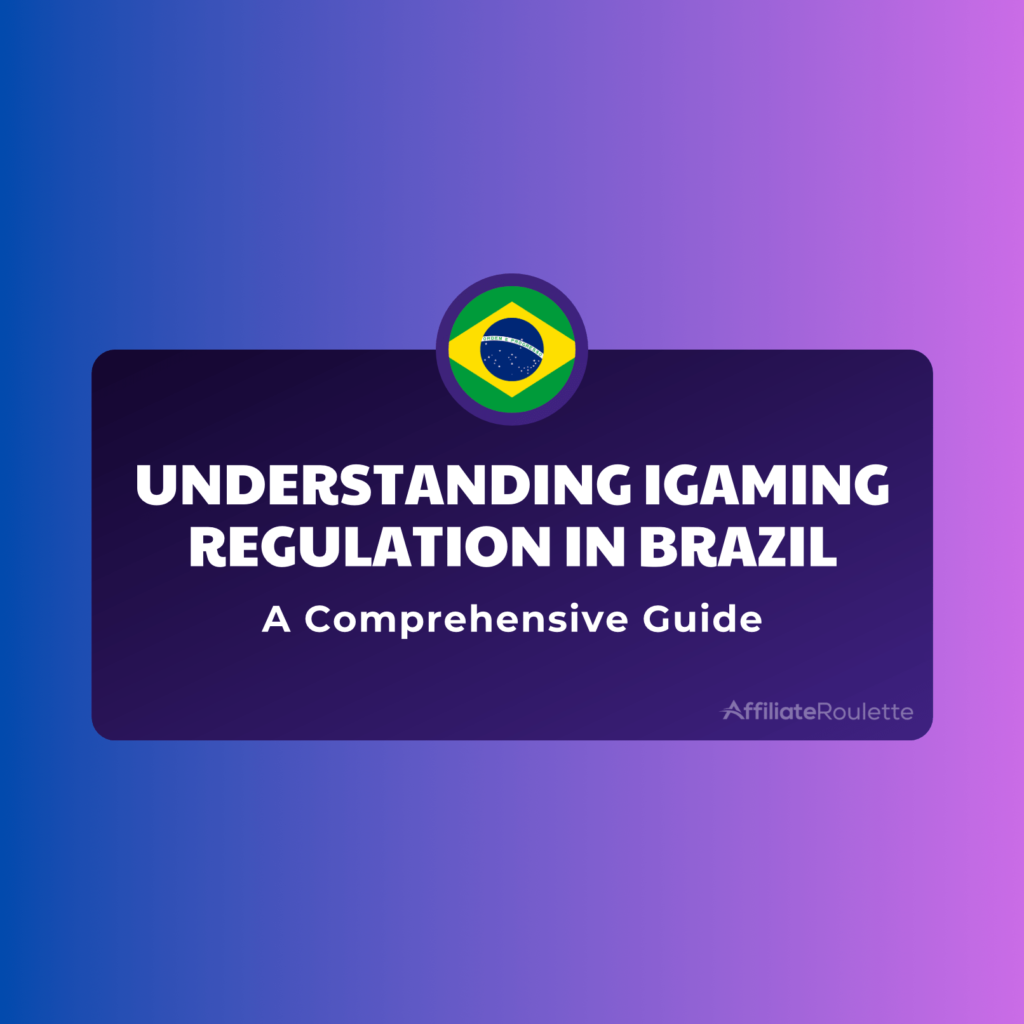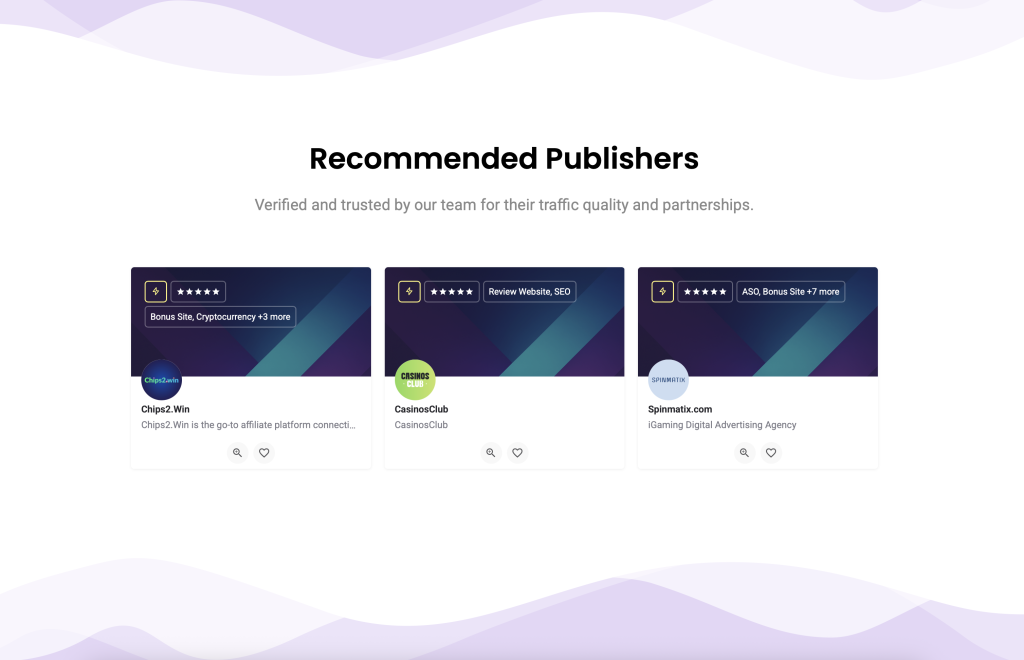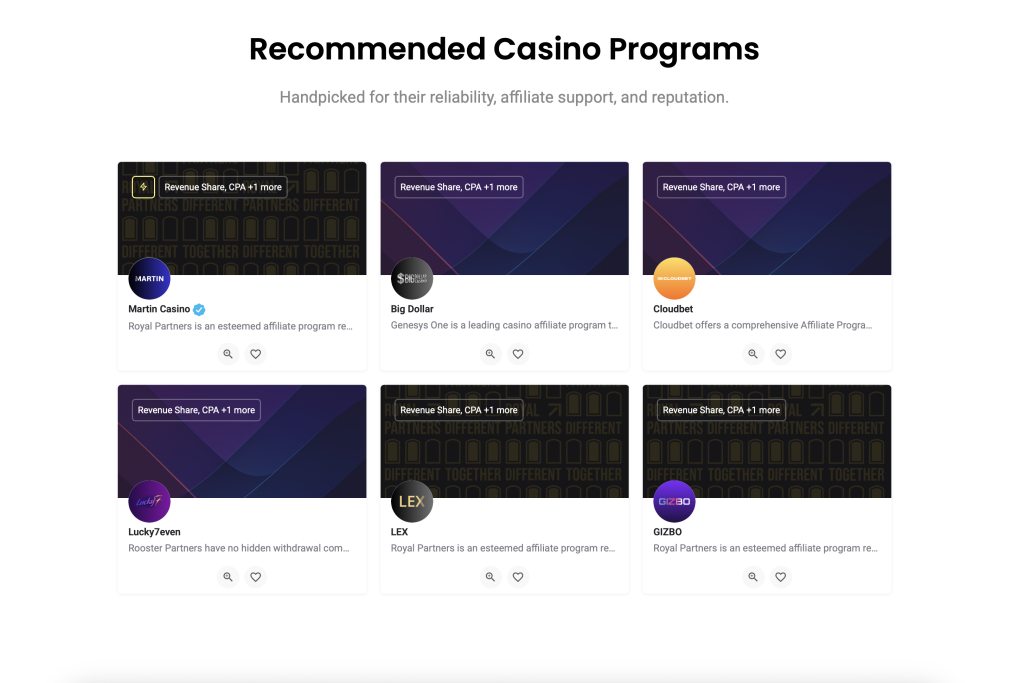Understanding iGaming Regulation in Brazil: A Comprehensive Guide

Navigating iGaming Regulation in Brazil: An Overview
In recent years, Brazil has come to the forefront as one of the burgeoning markets for iGaming. As the largest country in South America, it holds immense potential, given its vast population and a love for sports, particularly football. But, like any growing sector, the iGaming industry in Brazil faces its unique set of challenges, primary among which is the ever-evolving regulatory landscape.
A Brief History of Brazil’s iGaming Scenario
To understand the present, we must first revisit the past. Historically, Brazil maintained a stringent stance on gambling. For the longest time, most gambling activities were outlawed, with the exception of horse racing and some state-run lotteries. The ban on other forms of gambling stretched back to as far as 1946.
However, the digital era ushered in a new wave of opportunities and challenges. As online gambling platforms began to gain popularity worldwide, Brazil found itself at the crossroads, trying to balance the potential economic benefits of legalization with the challenges of regulation.
The Push Towards Legalization
Around 2018, Brazil started seeing a shift towards a more open approach to iGaming. The realization dawned that, with the proper regulatory framework, the country could benefit economically while ensuring the protection of its citizens.
The year 2020 marked a significant milestone when the Brazilian government officially announced its plans to regulate sports betting, paving the way for a structured iGaming environment. The move was driven by the potential revenue that could be generated from taxation and licensing, which could be funneled back into societal development projects.
Understanding the Current Regulatory Framework
As of our latest update, sports betting is the only legalized form of online gambling in Brazil. The government has laid down a framework wherein operators can apply for licenses, both for land-based and online betting platforms.
Key aspects of the regulatory framework include:
- Licensing: Operators need to apply and obtain a license to run their betting platforms. This includes a rigorous vetting process, ensuring that only legitimate and financially stable companies can operate.
- Taxation: The revenue generated from sports betting activities is subjected to taxation. The precise tax rate may vary but is generally seen as a crucial revenue stream for the government.
- Player Protection: The framework emphasizes protecting players, with regulations on responsible advertising, ensuring fairness in games, and providing mechanisms for self-exclusion.
Challenges and Opportunities
While the steps towards a regulated environment are commendable, challenges remain. The most glaring issue is the ambiguity surrounding other forms of online gambling, like casino games and poker. Currently, these fall into a gray area, with no clear guidelines on their legality.
However, many see this ambiguity as an opportunity. International operators are eyeing Brazil as a potential goldmine, waiting for further clarifications and expansions in the regulatory framework to include other gambling activities.
Furthermore, with Brazil’s passion for sports, especially football, there’s an untapped market for in-game and event-based betting, offering innovative opportunities for new entrants and established players alike.
Navigating the Landscape: Tips for Businesses
For businesses looking to tap into Brazil’s iGaming market, a few key considerations are paramount:
- Stay Updated: The regulatory environment is dynamic. Regularly monitor updates to ensure compliance and anticipate shifts.
- Cultural Context: Understanding local preferences and cultural nuances can offer a competitive edge.
- Responsible Gaming: Building platforms with player protection in mind not only ensures compliance but also fosters trust with the player base.
- Collaborate: Engaging with local entities, be it for partnerships or consultations, can streamline the entry process and enhance credibility.
Conclusion
Brazil’s iGaming landscape, though nascent, holds the promise of becoming one of the largest markets globally. While regulatory challenges persist, the future is optimistic, with ample opportunities for innovation and growth. For operators and stakeholders, understanding and adapting to this evolving environment will be the key to success. As the famous saying goes, “In the midst of every crisis, lies great opportunity.” In Brazil’s iGaming sector, this couldn’t be truer.
Comments
You must be logged in to leave a review.


